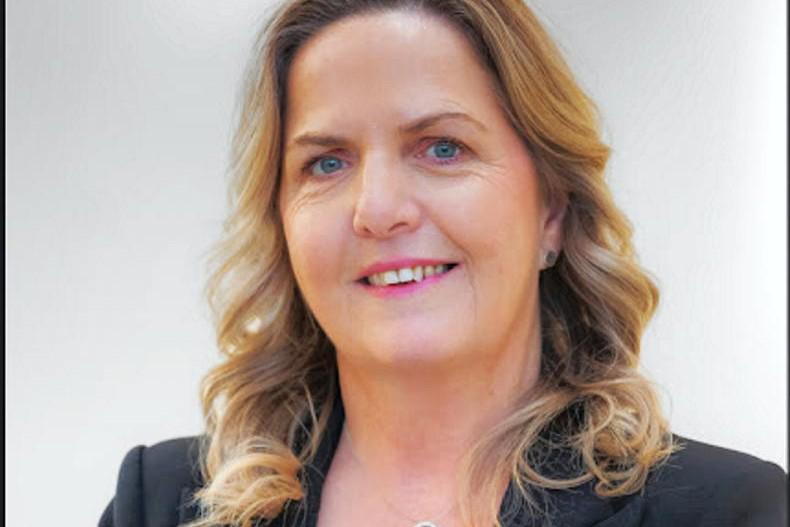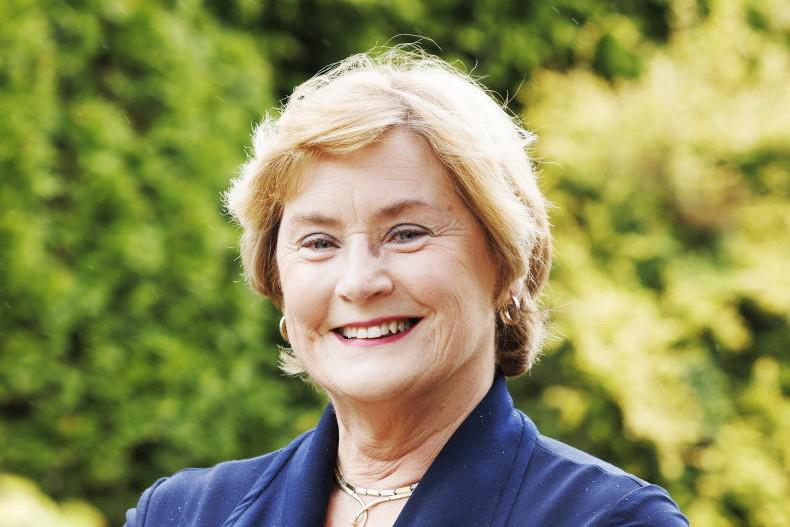When I was a teenager I was never one of the ‘cool’ girls at school. But oh how I longed to be. There they were, with their ramrod straight, long, blond hair – while mine was a head of frizz.
Gym class was a nightmare. I couldn’t do cart wheels, while the cool girls could pull off two or more in a row. Class breaks meant full disclosure about what happened at the disco. I wasn’t allowed to go to discos, so couldn’t take part in all the excitement about the next night out.
My mother was a widow, with six children to rear and a busy farm and pub to run, so tutoring her eldest daughter on hair care, false tan or how to apply eyeshadow was way down her list of priorities. So too was having girls to our house for a sleepover. There was just too much work to be done.
So yes, I did feel excluded. I felt I didn’t belong, but I got over it. Going to college was the making of me.
However, listening to what’s going on in schools today, my worries were small by comparison.
When I walked out the school gates I left them behind. That’s not possible today due to the rise in smartphone ownership by children as young as 10.
Can you imagine what it must be like to be in a WhatsApp group with all your 12 or 13-year-old pals and you have a tiff with one of the cool girls. Her reaction is to demand the other members cut you out of the group. Or worse still, she starts a new group, the sole aim of which is to talk about the teenager that’s been excluded.
This insidious bullying doesn’t stop at the school gate. Thanks to the malicious use of smartphones it follows the youngster into every facet of their life, turning all the sweetness they should be experiencing at this young age, sour.
So I’ve been following with great interest the action taken by the principal of St Brendan’s primary school in Blennerville, Co Kerry – Timmy O’Sullivan – with the full support of management, staff and parents. Ten weeks before the end of this school year, he asked parents to join with him in separating sixth class from their smartphones, both in school and at home.
He did this because he and his colleagues had noticed a change in the behaviour of children since the arrival of smartphones into their lives. Mr O’Sullivan said they were anxious and unhappy, and were struggling to focus on what was going on in class.
Purely by the atmosphere in the classroom on a Monday morning the staff could tell that something had happened on social media over the weekend that involved most of the class.
And don’t fool yourself that this isn’t happening in every school in the country.
The scheme was such a success that Blennerville now plans to ask parents to make a pledge that they will not give a smartphone to their child so long as he or she is a pupil at the school. As well as that, enquiries are coming in from schools all around the country who want advice on how to do the same thing.
Well done to all at St Brendan’s for helping children claim back a precious bit of their childhood.
Read more
Making the most of sunshine
Mairead Lavery: Shearing season is here
When I was a teenager I was never one of the ‘cool’ girls at school. But oh how I longed to be. There they were, with their ramrod straight, long, blond hair – while mine was a head of frizz.
Gym class was a nightmare. I couldn’t do cart wheels, while the cool girls could pull off two or more in a row. Class breaks meant full disclosure about what happened at the disco. I wasn’t allowed to go to discos, so couldn’t take part in all the excitement about the next night out.
My mother was a widow, with six children to rear and a busy farm and pub to run, so tutoring her eldest daughter on hair care, false tan or how to apply eyeshadow was way down her list of priorities. So too was having girls to our house for a sleepover. There was just too much work to be done.
So yes, I did feel excluded. I felt I didn’t belong, but I got over it. Going to college was the making of me.
However, listening to what’s going on in schools today, my worries were small by comparison.
When I walked out the school gates I left them behind. That’s not possible today due to the rise in smartphone ownership by children as young as 10.
Can you imagine what it must be like to be in a WhatsApp group with all your 12 or 13-year-old pals and you have a tiff with one of the cool girls. Her reaction is to demand the other members cut you out of the group. Or worse still, she starts a new group, the sole aim of which is to talk about the teenager that’s been excluded.
This insidious bullying doesn’t stop at the school gate. Thanks to the malicious use of smartphones it follows the youngster into every facet of their life, turning all the sweetness they should be experiencing at this young age, sour.
So I’ve been following with great interest the action taken by the principal of St Brendan’s primary school in Blennerville, Co Kerry – Timmy O’Sullivan – with the full support of management, staff and parents. Ten weeks before the end of this school year, he asked parents to join with him in separating sixth class from their smartphones, both in school and at home.
He did this because he and his colleagues had noticed a change in the behaviour of children since the arrival of smartphones into their lives. Mr O’Sullivan said they were anxious and unhappy, and were struggling to focus on what was going on in class.
Purely by the atmosphere in the classroom on a Monday morning the staff could tell that something had happened on social media over the weekend that involved most of the class.
And don’t fool yourself that this isn’t happening in every school in the country.
The scheme was such a success that Blennerville now plans to ask parents to make a pledge that they will not give a smartphone to their child so long as he or she is a pupil at the school. As well as that, enquiries are coming in from schools all around the country who want advice on how to do the same thing.
Well done to all at St Brendan’s for helping children claim back a precious bit of their childhood.
Read more
Making the most of sunshine
Mairead Lavery: Shearing season is here









SHARING OPTIONS